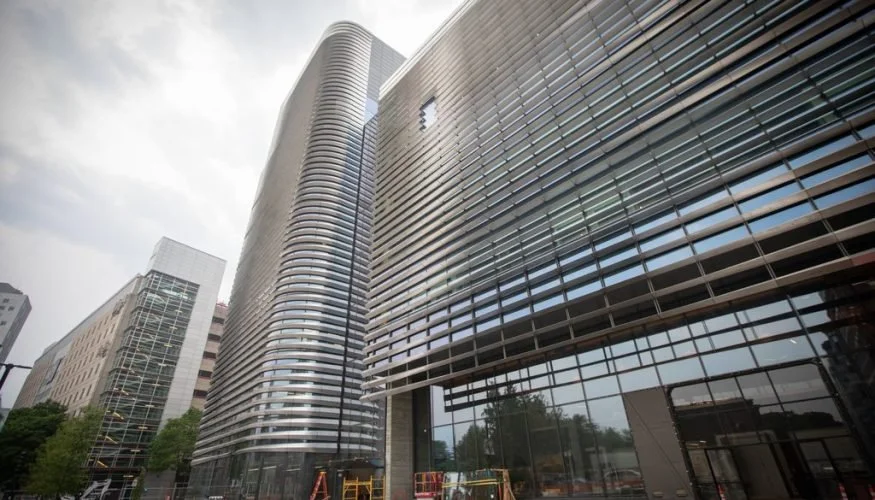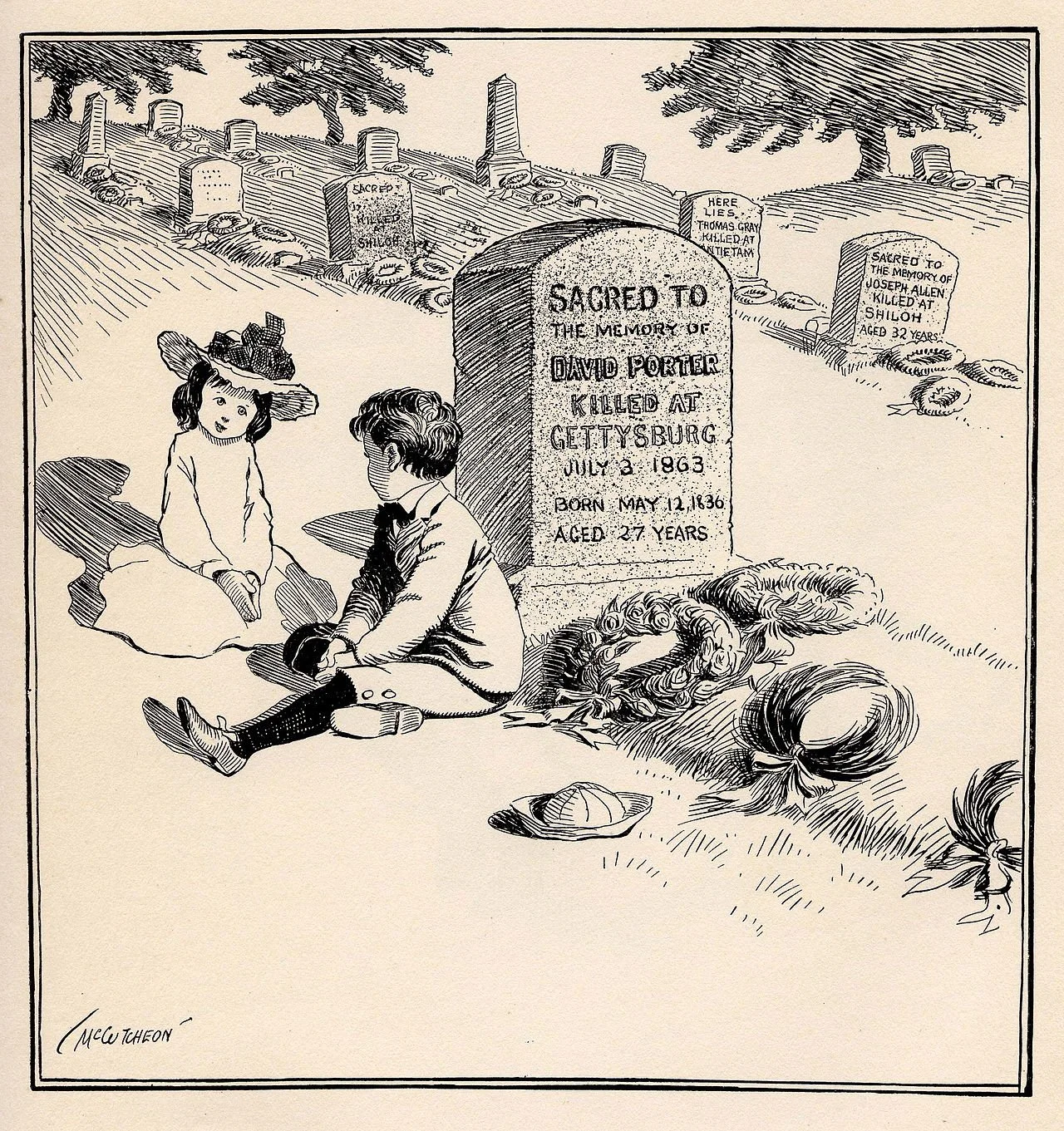Boston's charter schools have received a record number of applications. This welcome development should prompt Massachusetts Gov. Charlie Baker, who rightly and robustly supports charter schools, to renew efforts to reconsider expansion of these schools.
As reported in The Boston Globe, 16 charter schools in Boston “collectively received 35,000 applications for about 2,100 available seats,” according to the Massachusetts Charter Public School Association. Those same schools received 13,000 applications in the previous period. It is believed that a new online application system contributed to this year’s spike, making it easier for applicants to apply to multiple schools.
It is yet unclear if the number of applicants increased. Unquestionably, though, demand far outweighs supply; the odds of getting into one of these schools this fall have risen to 16 to one. Previously, there were three or four applicants per seat, The Globe notes, citing a Massachusetts Institute of Technology study.
Such a surge in applications may be surprising since a ballot measure in Massachusetts last fall seeking to expand the number of charter schools failed overwhelmingly, by a margin of 38 percent to 62 percent. Baker supported the measure.
“Opponents,” wrote wbur.com last November, “apparently swayed voters with their arguments that charter schools do not serve the neediest students, drain money from district schools, and could have proved ‘apocalyptic’ for city budgets and led to less state oversight of how charters are run.” (Under a reimbursement formula, the state pays school districts 100 percent of per pupil revenue lost to charters in the first year and 25 percent for the next five years.
In the same article, WBUR quoted Boston City Councilor Tito Jackson (now a mayoral candidate) as saying: “We need to have a communal mentality -- one where we elevate all of our young people.” And Jackson was “calling on state lawmakers to fully fund education -- and focus on building up schools in areas like Boston.”
Describing himself as a “longtime supporter” of Boston’s charter schools, in an opinion piece that appeared in The Globe before the ballot measure vote, Boston Mayor Marty Walsh (now running as an incumbent for mayor) nevertheless also opposed the ballot question. The “reckless growth” of more charter schools, he feared, “would change our charter culture and greatly increase the likelihood of school failures that hurt kids and discredit the reform movement.” And he added, bizarrely, that charter expansion would have been “fundamentally hostile to the progress of school improvement, the financial health of municipalities, and the principle of local control.”
Last January, in another editorial for The Globe, Walsh called for a 10-year, $1 billion investment plan to build “beautiful, innovative new buildings,” and to presumably renovate Boston’s existing 127 schools. The initiative, part of BuildBPS, is “an incredible opportunity,” he said. He ruefully asserts that “generations of struggle for equity in urban schools have left trust gaps.”
Both Jackson’s and Walsh’s statements -- along with those who oppose increasing the number of charter schools -- reflect today’s progressive orthodoxy and expose the weakness of today’s progressive impulses. For progressivism demands greater access to everything -- healthcare, contraception, happiness -- but not greater access to better education, which charter schools provide. And the progressive state -- harking back to the days of classic liberalism -- believes that an endless stream of monetary inputs (“equity”) results in higher cognitive outputs for public school students, who are threatened by additional charter schools.
What do progressives tell those students whose names this week were not be selected in the lottery that determines enrollment? That Boston Public Schools are a better alternative to charter schools?
Charter Schools, independent public schools that operate under five-year charters granted by Massachusetts’s Board of Elementary and Secondary Education, were first authorized by the Education Reform Act of 1993. The first 15 schools opened during the 1995-1996 school year, serving 2,500 students. In 2000 and 2010, legislation was passed to add more schools, to satisfy demand. Today, 78 charter schools educate over 42,000 students annually (representing 4.2 percent of all PK-12 public school population), with nearly 30,000 on waiting lists; Boston is home to 22 charter schools while another 38 are in spread among urban areas outside of Boston.
According to statistics released by the Massachusetts Department of Education, they are remarkably diverse. For the 2016-2017 period, students deemed economically disadvantaged constitute 35.5 percent of charter school population (compared with 27.4 percent for the overall state school population). African-Americans comprise 29.9 percent of charter school population (8.9 percent for the state), while Hispanics are 31.7 percent of charter population (19.4 percent for the state).
And charter schools are remarkably effective. “Charter School Performance in Massachusetts,” a comprehensive study at Stanford University, concluded in 2013 that, “Compared to the educational gains that charter students would have had in TPS [traditional public schools], the analysis shows on average that students in Boston charter schools have significantly larger gains in both reading and mathematics.”
The Baker administration refutes charges that charter schools siphon funds from public schools, to their detriment. In an email communication, Brendon Moss, Baker’s deputy communications director, said that the administration “will continue to make investments in our public schools at historic levels.” Indeed, Moss wrote, funding local schools under the current administration is at an all-time high, now $4.68 billion. The proposed fiscal 2018 budget includes increasing support by more than $90 million, twice the amount required under state law.
Baker understands fully the benefits provided by charter schools and he was right to support their expansion last year. Armed with a record number of applications this year, he should now demand that the legislature correct the mistake clearly made by misguided voters by approving charter school expansion – action that conservatives should robustly support, too.
James P. Freeman, an occasional contributor to New England Diary, is a New England-based writer and former columnist with The Cape Cod Times.
















